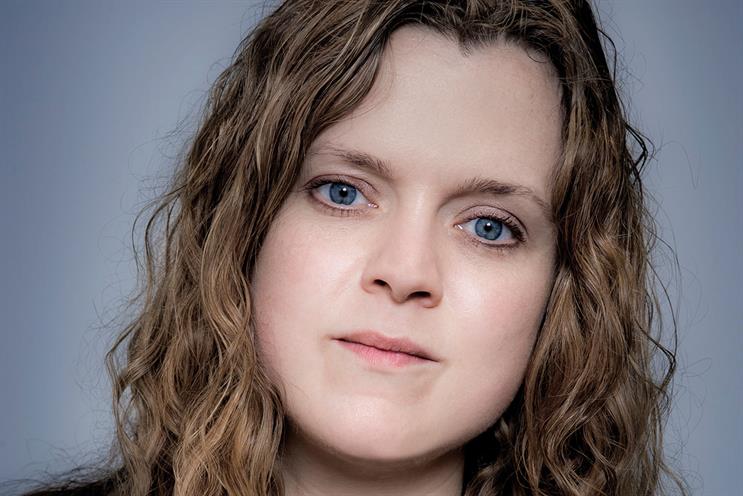The full impact of the disruption that technology is currently wreaking on all sectors of our economy is a long way from being imagined, never mind predicted.
In The Future of Work: on the economy millennials will create from circumstances they have inherited, Jess Kimball, chief futurist at OgilvyRed, the WPP network’s consultancy arm, discusses how the pursuit of efficiency is going to affect all our lives – and the lives of the generation coming up behind us.
The trend is of increasing power (and cash) in the hands of fewer companies. While Kimball stops short of predicting exactly what the knowledge economy we’re moving into will look like, she pours scorn on the veneration of unproven start-ups, and voices support for a universal basic income in a world of fewer, richer companies.
One set of numbers in The Future of Work really struck me. In 1964, the US’s most valuable company, AT&T, was worth the equivalent of $267bn in today’s money and employed 758,611 people. In comparison, Google’s parent, Alphabet, is worth $370bn but has only about 60,000 staff. The pattern is even starker at Facebook, which has 13,000 people on its books and is valued at $270bn.
Now, leaving aside the question of whether tech stocks are currently overvalued, as Tristan Rice of SI Partners suggests in my piece on acquisitions, the transfer of money into companies that employ fewer people will have a profound effect on all of us in the years ahead. Not least in tax revenues. After all, the tech giants love emphasising their contribution to income taxes when questioned about their low corporate tax rates outside the US. Never mind that their employees are the ones technically paying that money.
It is notable that even though Facebook started booking more of the UK ad money it takes in its UK accounts, it still used legal tax breaks to minimise its tax bill, reducing it from £11.7m to £5.1m in 2016. Facebook’s UK revenues were £842.4m last year, although taxes obviously are due on profits not revenue. Facebook is widely predicted to overtake Channel 4 and Sky Media to be the third biggest advertising revenue generator in the country in 2017. Sky paid £224m in UK taxes for the period July 2015-June 2016, while Channel 4 invests all its profits back into content.
Unless you work at Facebook or Google (UK corporate taxes for the latter were £36.4m on revenue of £1bn in its last figures), 2017 has been a tough year for media sales. Last month’s revelation that Glamour is going "digital first" speaks volumes about the situation for magazines. Brands and their agencies are quite comfortable exerting their power over the weak. But as DigitasLBi’s Chris Clarke eloquently explains, brands could and should hold sway over tech companies, too. The crazy valuations of the unproven unicorns Kimball discusses are based on the supposed growth of their ad models.
Over the past few months, I have spent more time than usual thinking about the world the next generation will inherit. Sure, the future has become more serious – the US president thinks nothing of using Twitter to threaten nuclear war, and even the proponents of Brexit are warning that the UK is "destined for recession" and are resigning themselves to the "cosseted lower-middle class" being wiped out.
But it’s also a lot more real for me personally. By the time you read this, my days will, hopefully, be dominated by the more practical demands of a newborn. It’d be helpful if this could all be cleared up by the time I get back to the office.
Maisie McCabe is the deputy editor of 北京赛车pk10.


